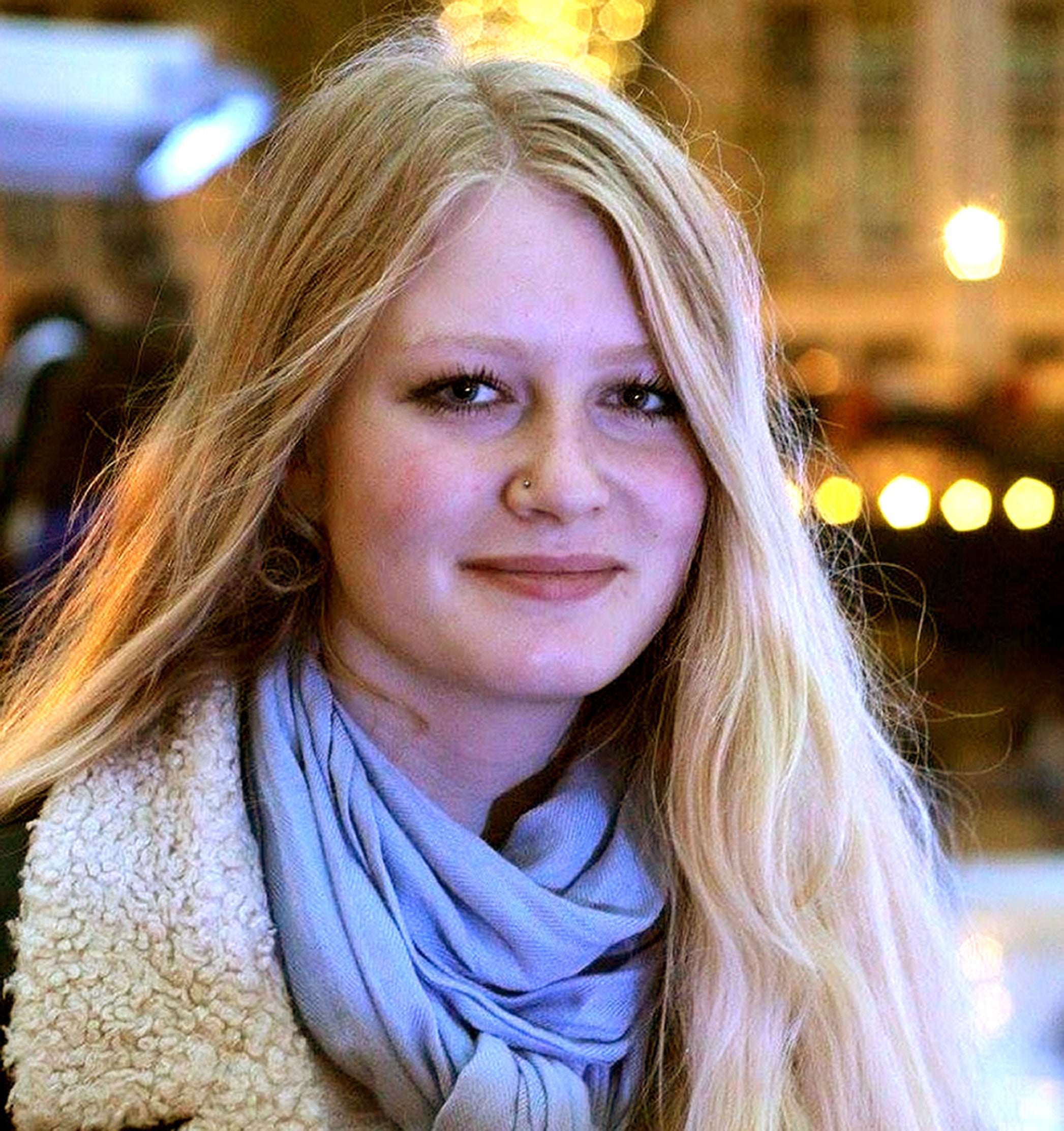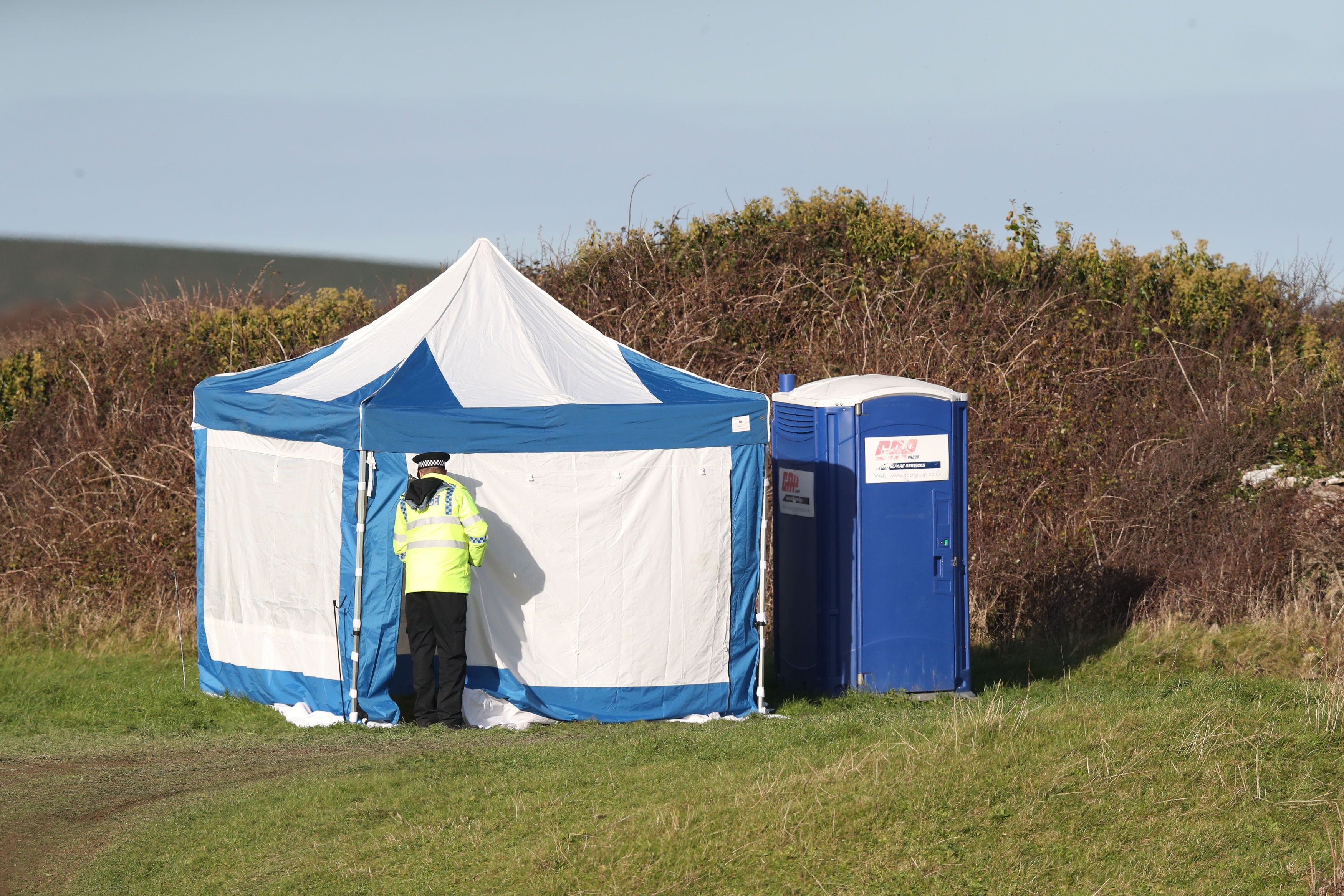
A senior police officer involved in the initial search for missing teenager Gaia Pope-Sutherland has told an inquest of his regret that he could not find her alive.
Chief Inspector Jim Beashel was in charge of co-ordinating the hunt for the 19-year-old after her missing person status was upgraded to high risk nine hours after her worried aunt first reported her disappearance.
The college student, who suffered with severe epilepsy, ran away from Talia Pope’s home in Swanage, Dorset, on the afternoon of November 7 2017.
Ms Pope phoned police at 3.41pm, reporting that her niece was “distressed” and had run off. A missing report was later opened by a call handler at 6.15pm.

Dorset Coroner’s Court heard that at 7pm Chief Inspector Steve White, who was the force incident commander, graded Ms Pope-Sutherland’s missing person status as medium.
That evening, a National Police Air Service helicopter searched the coastal areas between Old Harry Rocks and Sandbanks and a uniformed officer carried out patrols in the Swanage area.
Mr Beashel, who took over from Mr White as force incident commander at 10pm, was not passed information of the teenager’s case because she was not rated as high-risk.
He said he was first informed that the teenager was missing at 1.20am the following day when colleague Inspector Andrew Alkins told him he had upgraded her case.
A specialist police search adviser was informed, and inquiries were made to see what available officers could be sent to Swanage to help with the search.
Mr Beashel said he did not believe there was anything more he could have done that night.
“Like all force incident commanders, I take my responsibilities very seriously in terms of what we are able to do and to deploy resources to help people when they are in need is a real privilege,” he said.
“It is of huge regret I was on duty at a time when I didn’t have the resources to be able to deploy in way that would have allowed us to locate Gaia a lot sooner.
“We all have our duties to protect and preserve life and when we are unable to fulfil (them) there is huge regret to me personally and, I know, my colleagues as well.
“I can give lots of examples where I’ve managed missing persons investigations and had successful outcomes, and they are the types of incidents I enjoy running because it is an opportunity for us to make a real difference and save someone’s life.
“It’s of huge regret it didn’t happen this time.”

On the night of Miss Pope-Sutherland’s disappearance there were 107 police officers on duty, which dropped to 60 from midnight, the court heard.
Mr Beashel said officers were “busy” dealing with 45 different incidents, including a firearms incident and someone who had absconded from hospital.
Due to the time of the night it made CCTV inquiries difficult and, as Ms Pope-Sutherland did have her mobile phone with her, location checks could not be completed, the court heard.
The officer agreed with Mr Alkins’ view that the teenager should have been graded as high-risk at 7pm, which was a “missed opportunity” and delayed the response in looking for her.
Referring to the 10pm handover when he came on duty, he said: “At that time we could have made the decision whether we needed to retain officers on duty from lates and looked at the resources going forward and how many people we could deploy and what was necessary.”
Rachael Griffin, senior coroner for Dorset, said: “We can’t say what would have happened even if those had been done but, from your point of view, they were missed opportunities?”
Mr Beashel replied: “Yes, and even when we took it on at 1.30am and raised to high, I would have expected better documentation in terms of the inquiries that had been completed, what searches had been done, to give us more information to where we could concentrate on.”
He told the jury that even if he had known of the spot where Ms Pope-Sutherland’s body was located 11 days after her disappearance, he did not think officers would have found her that night.
“I obviously wish we had more information around that specific area, and we had at least tried with the limited resources I had available to check areas that had been suggested,” he said.
Asked whether he thought he could have done any more that night, he replied: “I think I should have got better clarification from the initial officers going to see Gaia’s family of exactly any locations that are relevant to try and narrow down the areas we could have searched.”
The coroner said there were limited entries on the police log of what actions he had taken.
Mr Beashel explained there was an “error” when as he was making notes, as he flicked across screens to deal with another incident.
“Regrettably on this incident I can’t show that because I fear that incident occurred,” he said.
“I think it’s down to that error, (that) regrettably has occurred, because I did write stuff on there, but it has not switched across. I didn’t notice that on the log prior to going off duty.”
The coroner asked: “Is it not right that there’s no entry on there because all the things you are telling us about didn’t actually happen?”
He replied: “They did happen. I had been in various conversations with Inspector Alkins and I know we had more resources than are shown on the message searching those areas.”
The inquest continues.







